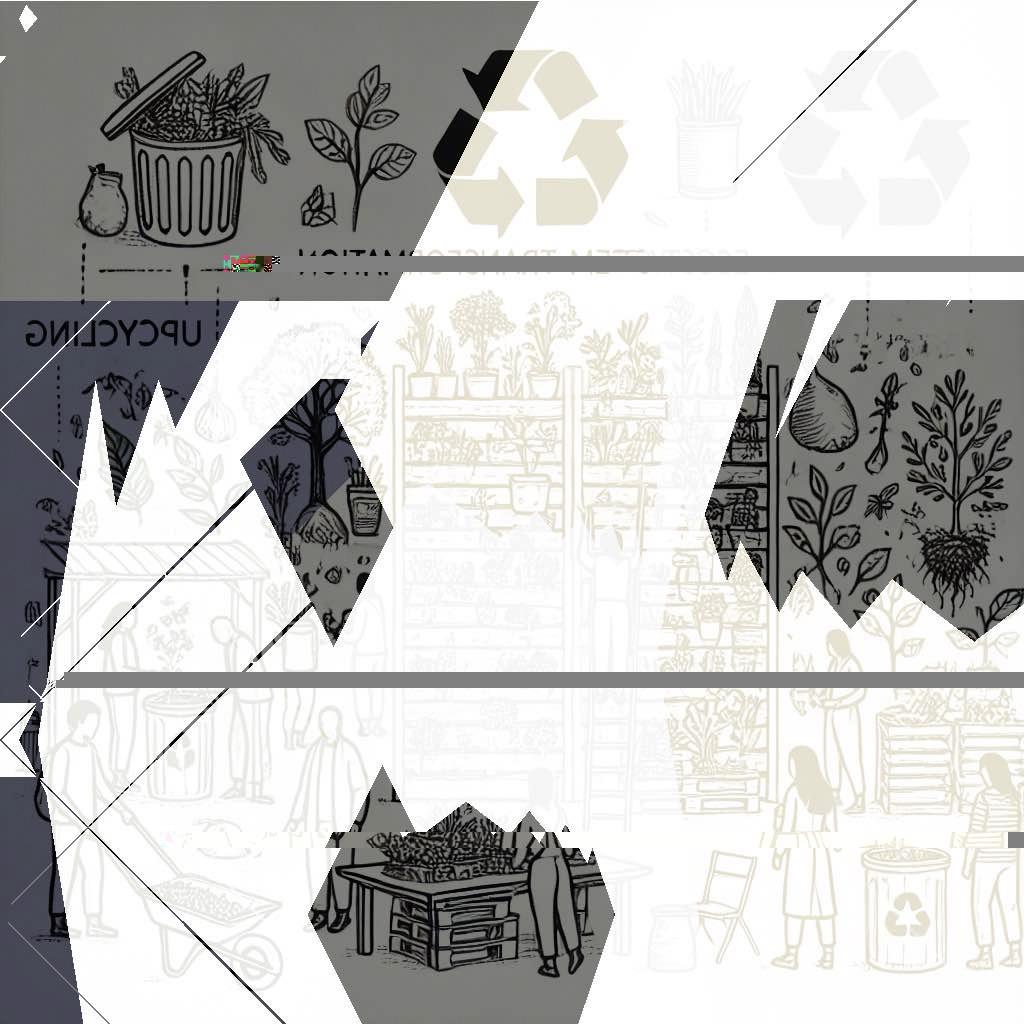
What Actions Should Transform Ecosystems?
📯
- Weigh your options:
Consider the materials you have at your disposal for upcycling, and what their potential uses might be. The ReLeaf website provides numerous examples of upcycled materials used in their vertical garden systems. This gives you a starting point to brainstorm how you might repurpose your own waste.
- Adapt the idea:
Not all projects or ideas on the ReLeaf website may suit your specific situation. It's important to take inspiration from them, but adapt as necessary. For instance, the vertical garden concept can be adjusted according to your space, resources, and needs.
- Study and learn:
The ReLeaf website contains a wealth of knowledge about sustainable practices, from composting to plant care. Take time to learn these processes and skills. Understanding the why and how behind each process will help you implement it more effectively.
- Test and implement:
After you've learned and adapted an idea, it's time to put it into action. Build your upcycled project, observe its effectiveness, and make improvements as needed. Real-world implementation is where you'll learn the most.
- Engage others:
ReLeaf isn't just about sustainable practices, but also community involvement. Share your project and what you've learned with others, whether that's through social media, at local community events, or simply with friends and family. The more people involved in upcycling and other sustainable practices, the bigger the impact we can make together.